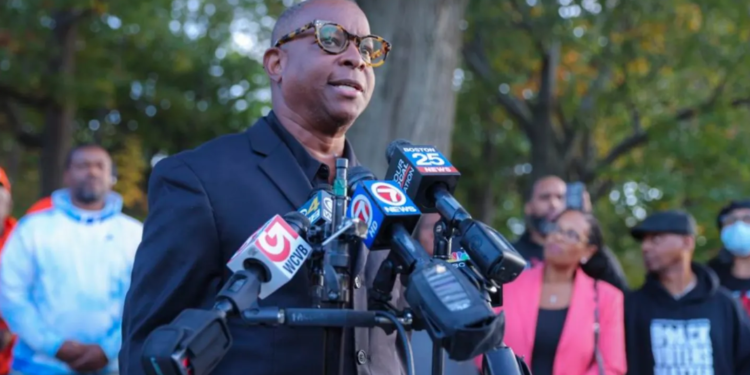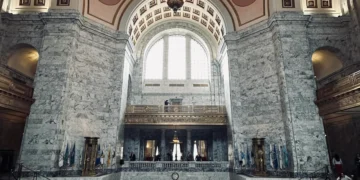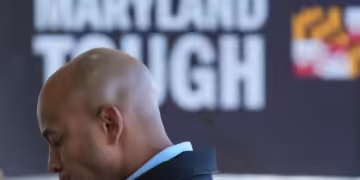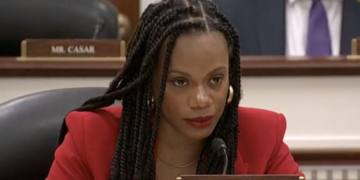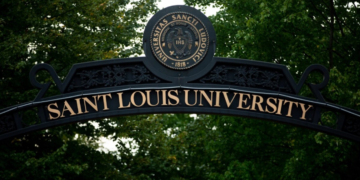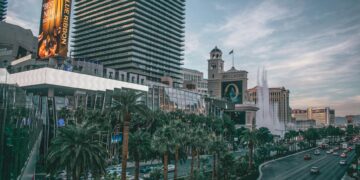May 20, 2024 Story by: Editor
The Boston People’s Reparations Commission has called on the city to invest $15 billion in reparations for the Black community in Boston.
At a gathering held at the Bolling Building in Nubian Square on Saturday, over 200 community members came together to express their views on reparations. The group emphasized their demand for the $15 billion to be allocated both financially and through public policies that would benefit Black Bostonians for generations.
Reverend Kevin Peterson, the head of the Commission, told WCVB that while the group is asking for $15 billion, it is “not enough” because “every life is incalculable.”
In addition to the $15 billion request from the city, the Commission is negotiating with Boston’s white churches for a potential $50 million contribution.
If the $15 billion were to be divided among the approximately 150,000 Black residents of Boston, each individual could receive close to $99,998, though it remains unclear how the reparations would actually be distributed.
The Commission explained that the enslavement of Africans in Boston began in 1638, setting off a “legacy of social, political, economic, and cultural injustice.”
“At one point during the city’s history, 1 in 10 Boston residents were enslaved people who were linked to the trans-Atlantic slave trade,” the Commission’s website states.
Now, descendants of those enslaved and members of Boston’s Black community are seeking reparations for the continued prejudice and disadvantages they’ve faced.
Their goal is to “effectively address the harm inflicted through the enslavement of Blacks in Boston and generations of systemic oppression.”
In an interview with WCVB, Peterson reflected, “We think about tens of thousands of slaves who died in the midst of slavery in Boston. How do you put a number on that? They died in slavery while their white counterparts flourished.”
At Saturday’s event, former Boston City Council member Charles Yancey, who served for three decades, noted that slaves were once promised a share of the wealth after the Civil War. “That has yet to happen,” he said. “Let’s set the tone for the United States of America right here in the city of Boston.”
In January, Boston Mayor Michelle Wu established a task force to investigate and document the city’s involvement in the transatlantic slave trade.
According to the group, reparations go beyond financial compensation. Boston resident Nick Johnson remarked, “Reparations are cash. It’s land. It’s education. It’s these other functions that are included. It’s not just money.”
The Commission is also collaborating with local white churches on a reparations payment and a statement acknowledging their historical role in the slave trade and offering an apology.
“Part of my vision has been about a statement of atonement from this part of our community and this part of our city’s culture,” Peterson told WGBH. Source: Daily Mail


